
IGAD trains journalists across East Africa to counter disinformation from Terrorists
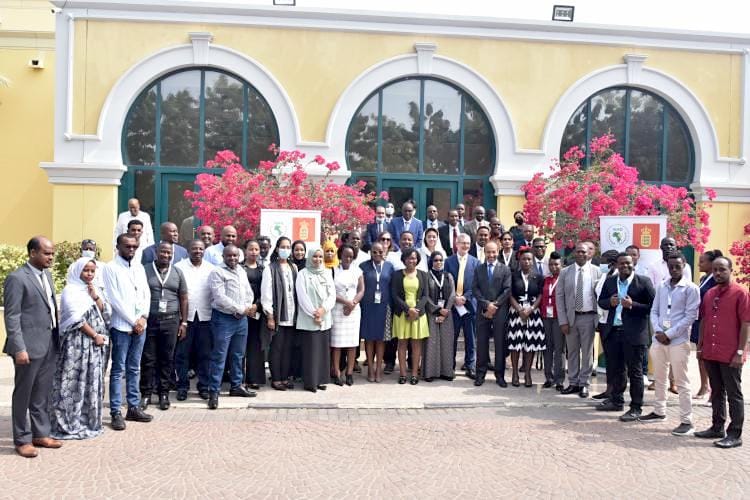
The Intergovernmental Authority on Development or IGAD is working with journalists to develop strategies and best communication practices for reporting and countering disinformation campaigns by terrorist organizations. IGAD brought dozens of journalists in the region to Djibouti for a three-day forum aimed at building a community of professionals to keep the public informed of events across the region.
Organizers of the forum say the fragility of many African states especially in the East African region and their porous borders are an incubator of violent extremist activity.
To address the growing problem, the IGAD Center of Excellence for Preventing and Countering Violent Extremism – with funding from Denmark, the European Union the United States – brought together 30 journalists from Djibouti, South Sudan, Sudan, Ethiopia, Kenya, Somalia, and Uganda, to exchange ideas and develop strategies on how to counter disinformation by extremist groups.
Speaking at the start of the forum, US ambassador to Djibouti Jonathan Pratt told journalists they have a crucial role to play in countering disinformation put out by terrorist groups.
“Through the stories that you select you can show the negative impact of extremist false narratives, hate speech, and prejudice,” Pratt said.
Ambassador Pratt stressed the timeliness of the IGAD conference with Russian President Vladimir Putin’s invasion of Ukraine.
“We have to look no further than Ukraine to see the dangerous influence of false information.”
“Current regional challenges posed by violent extremism have increased the need for an evidence-based understanding of how communities can respond to such threats. Media strategies can help but the trust and credibility of information providers is crucial.” Pratt added.
Throughout the three days, experts provided examples of tactics that violent groups use to spread disinformation on various media and social platforms. Some sessions were also designated to assist journalists and media practitioners, develop checklists on accuracy and best practices.
The European Union’s Ambassador to Djibouti Aidan O’Hara emphasized the trans-national threat of violent extremism, which he says undermines the security and stability of nations and often puts journalists’ lives in danger.
“Violent extremism is everywhere; it is here in the Horn of Africa and we are trying to cope with it in Europe too.”
“I don’t envy the role of the media in trying to navigate this issue. Journalists are often caught in the middle under pressure from extremists to disseminate their poisonous messages and are attacked by the same people if they try to resist,” O’Hara said.
The IGAD Center of Excellence for Preventing and Countering Violent Extremism says timely information sharing and literacy training activities for social media are important tools for effectively preventing and countering violent extremism. To that end, organizers say, a journalist and media practitioner checklist developed during the forum will be published and shared through the IGAD Center’s communication platforms.
BBC journalist Hussein Muhammed, one of the trainers at the conference, says he witnessed firsthand the Al Shabab terrorist violence at Kenya’s Garissa University in 2015 and at the Westgate Mall in Nairobi, Kenya in 2013.
“The most important thing, I’ll tell you, there is no story worth your life, so if you feel that your risk assessment is telling you not to go to that place, please don’t go. Every country has its own solution, but we still have to follow the good tenants of journalism as Africans.” Muhammed added.

















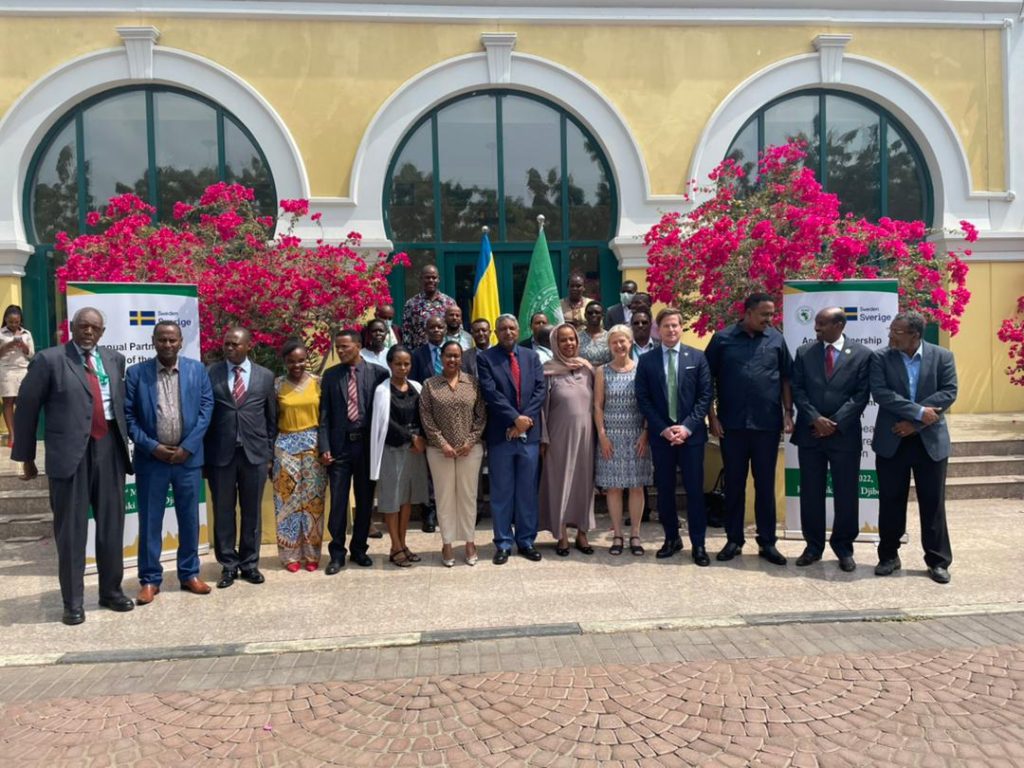
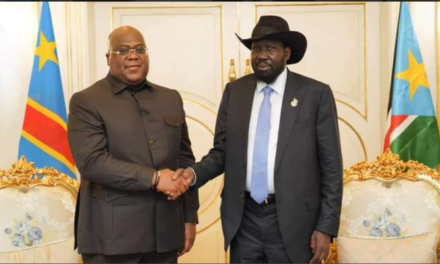

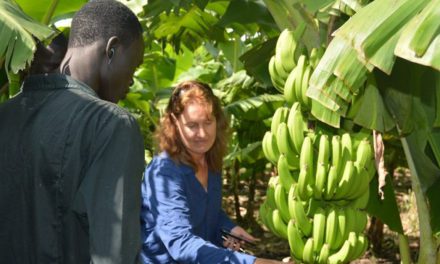
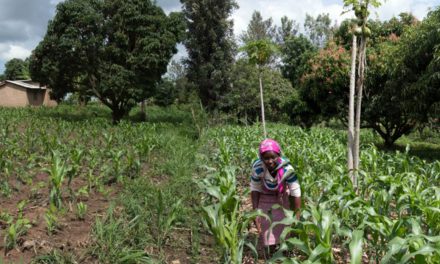
Recent Comments